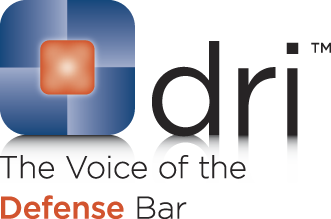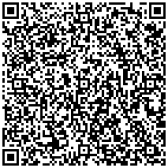 As of December 1, 2023, FRE 702 will change. The new rule, with redline changes is as follows:
As of December 1, 2023, FRE 702 will change. The new rule, with redline changes is as follows:
A witness who is qualified as an expert by knowledge, skill, experience, training or education may testify in the form of an opinion or otherwise if the proponent has demonstrated by a preponderance of the evidence that:
(a) the expert’s scientific, technical, or other specialized knowledge will help the trier of fact to understand the evidence or to determine a fact in issue;
(b) the testimony is based on sufficient facts or data;
(c) the testimony is the product of reliable principles and methods; and
(d) the expert has reliably applied expert’s opinion reflects a reliable application of the principles and methods to the facts of the case.
Thus, under the amended Rule 702, the proponent has the burden of establishing by a preponderance of the evidence that the expert’s opinion reflects a reliable application of principles and methods to the facts of the case. As stated in the case of United States v. Holguin, 51 F.4th 841, 854-855 (9th Cir. 2022), when functioning as gatekeeper, the court must make an evaluation as to whether the expert’s opinion is reliable.
Speaking of the new rule, in Sardis v. Overhead Door Corp., 10 F.4th 268, 281 (4th Cir. 2021) the Court explained:
Rule 702 thus “imposes a special gatekeeping obligation on the trial judge” to “ensur[e] that an expert’s testimony both rests on a reliable foundation and is relevant to the task at hand.” Nease, 848 F.3d at 229-30 (quoting Daubert, 509 U.S. at 597).
To carry out its gatekeeping role, a district court must find that an expert’s testimony is reliable — an inquiry that focuses not on “what the experts say,” or their qualifications, “but what basis they have for saying it.” Daubert, 43 F.3d at 1316. A district court cannot be silent about reliability when challenged. Cf. Valencia-Lopez, 971 F.3d at 899 (district court abdicated gatekeeping role where “[n]othing was said about reliability”); Barabin, 740 F.3d at 463 (“Absent from the [district court’s] explanation is any indication that the district court assessed, or made findings regarding, the scientific validity or methodology of Mr. Cohen’s proposed testimony.”). And the district court must make more than a “conclusory statement.” Roach, 582 F.3d at 1207.I
If you have questions about Expert Testimony, please contact Mike Mills at 702.240.6060×114 or email him at mmills@blwmlawfirm.com.
 Follow
Follow Email
Email


